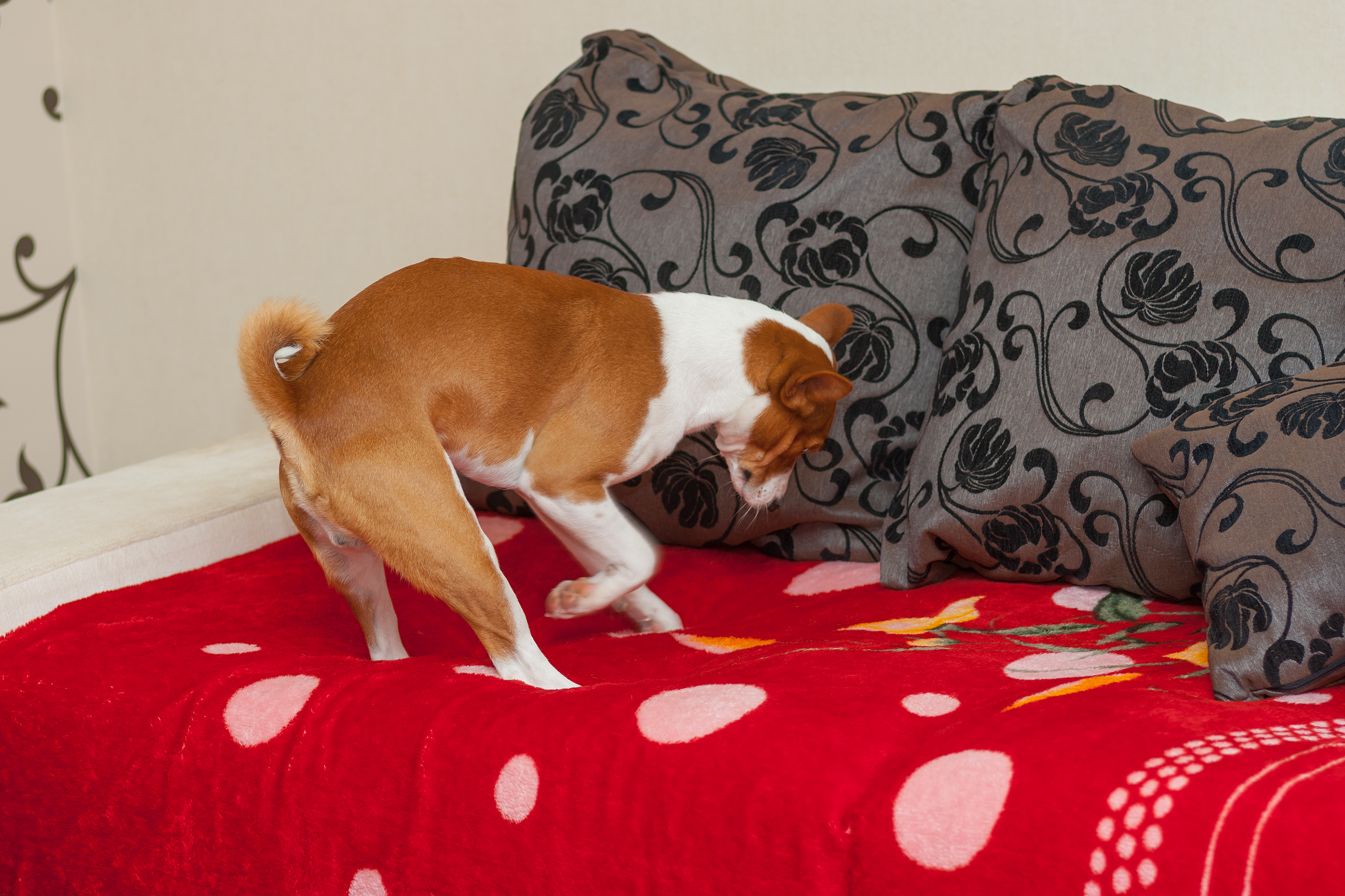Why Does My Dog Dig at the Bed?
Dogs bring joy and happiness to your home. You spend hours playing with these lovely pets and even shop for stuff to make them feel comfortable. Probably, you buy dog beds to give them their personal space.
However, you’d notice that, after some time, this piece of pet furniture will be in tatters due to constant digging and scratching. Read on to find out why does my dog dig at the bed and know whether you should be worried or not.
Is Dog Digging Normal?
No matter what the breed, size, age, or gender of dogs, they all exhibit this digging behavior. Some may begin at an early age, while others tend to show up in older years. This is perfectly normal! kastamonu escort bayan
Therefore, as dog owners, you don’t have to worry that you have done something wrong or that your dog may be suffering from a mental disorder. Instead, the main challenge lies in your patience and understanding on how to keep your dog comfortable and safe by providing the necessities, including dog beds that don’t become confetti in a few weeks.
Why Does My Dog Dig at the Bed?
Everyone, including dogs, has their behaviors and rituals. You may notice your dogs digging, scratching, rolling, or even biting beds and other stuff. It may seem to be odd, but they have their reasons for acting and doing such behavior.
Here are some of the possible factors that lead to this habit:
Natural Instinct
Digging is a dog’s natural instinct. When in the wild, dogs tend to dig holes to find a safe and comfortable space for sleeping. These holes also serve as protection against foreign animals and predators.
Digging under dirt and leaves also creates a warmer or cooler environment that allows them to escape extreme weather conditions. They manipulate shifted sticks, grass, and rocks for uniformity, helping them to conceal their positions and reduce their vulnerability.
Once dogs are domesticated, these instincts and behaviors still retain, causing them to dig into their bedding and build their fort.
Territorial Behavior
Digging can be a form of territorial behavior since dogs are naturally driven to leave a mark in their territory. Dogs have glands on their foot pads, which emit a unique scent and leave a distinct smell on objects that they claim to be their property.
You may only see tattered bedding, but dogs see and smell a particular space that was marked as their own. They are more likely to return to this spot once they figure out that it already belongs to them.
This explains why dog digging behavior tends to intensify when a new pet is present or when major household changes have been made.
Learned Habit
Digging is a behavior that can be learned or mimicked. Dogs tend to copy the doings and behavior of other dogs. Thus, when you observe a new dog digging or scratching with glee, the other dogs in the household may also join the fun.
Maternal Instinct
Female dogs can have that maternal instinct that prepares for the arrival of her puppies. The increase in digging behavior can be a sign of the natural hormonal response that encourages her to dig and make a warm and safe nest for her little ones.
Investigative Function
Though not common, dog digging can also be a way to investigate things that spark joy and interest to your dogs. This may be a fascinating sound or a delicious scent such as crawling rodents and animals in the household.
Displacement Behavior
Continuous digging without any sign of relaxation can be an indication of displacement behavior in dogs such as excitement, over-arousal, and anxiety.
Managing Dog’s Digging Behaviors
Since digging is a dog’s instinct, you cannot necessarily prevent it, but you can try to redirect your dog’s behavior. As observed by most pet owners, creating a comfortable spot for dogs to sleep in is not enough to stop the madness of dog digging.
In fact, even the best dog beds can’t eliminate this major concern involving natural instinct. Thus, here are some recommendations on how to keep your household intact despite this phenomenon.
- Add a blanket to the dog’s bedding to provide extra softness and texture. If possible, use one large and heavy blanket on the bed.
- Consider enrolling your dogs to training classes if they continue to dig, leaving scratches and marks on your floors. The use of nail clips can also be considered to prevent markings.
- Try to relocate your dog’s bed to a more private and secure area in the house.
- Be sure to invest in high-quality dog beds to ensure optimum comfort, durability, and support.
- Encourage your dogs by giving praises and treats when they perform well on given instructions.
- Check for the indoor temperature to increase your dog’s comfort.
- Seek medical attention to find the reason behind your dog’s behavior.
Final Thoughts
Dogs, just like humans, have their own ways of coping up with their environment. They are often found digging at their beds, the same way how they dig nice and big holes in the yard. You might wonder and ask why does my dog dig at the bed?
This question is common to most dog owners, but worry no more as this is perfectly normal and doesn’t even show any hint of misbehavior or illnesses. Dogs tend to dig beddings to find the best and safest spot to rest. They may dig to fluff up the blanket and find a pocket of warmth when it is cold or dig up to remove any obstructions when it is warm.
Dogs even leave their scents on bedding and blankets as a sign of proprietress and territory. Thus, they often dislike freshly washed beds and blankets and mark their space with continuous digging and scratching.
Whether it is for protection, comfort, or adjustment purposes, dogs are only doing what their instincts tell them to do. Give them time to adjust, and before you know it, they are enjoying every single moment of their new home.

